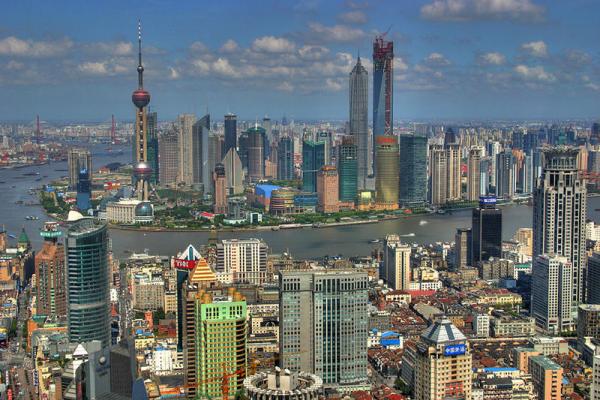New course on "Urban China" to be offered in Spring 2017

Prof. Max Woodworth of the Department of Geography will be offering a new course in Spring 2017 titled "Urban China: Space, place, and urban transformation." It will be listed as Geography 5503. Interested students may register via Buckeyelink.
Course Description
China’s 2010 census revealed that the country had crossed a threshold: more than 50 percent of the country’s population now resides in cities. This historic transition from an agrarian society to a majority urban one testifies to the radical changes that have transformed China since the decline of the Qing dynasty at the turn of the twentieth century and especially in the past 35 years during the period of “reform and opening up.” China’s leaders anticipate urbanization to continue in step with the country’s industrialization and as hundreds of millions make the journey to the city in pursuit of a new way of life.
This course will examine the role of the city within China’s social, economic, political, and cultural transformations since the end of the Qing dynasty (1644-1911). We will begin by considering the question of “urban modernity” in the context of the Republican (1911-1949) regime’s struggles to consolidate authority over China’s vast territory. The rise of the Chinese Communist Party in Shanghai will be examined in its connection to Treaty Port industrialization and colonial incursions. The course will also investigate reconfigurations of urban space and new forms of urban management that were undertaken with the shift to state socialism after the ascendance of the CCP in 1949. Readings will examine the notion of Mao Zedong’s “anti-urban bias” stemming from the agrarian roots of the Revolution and assess the role of urban industry to national economy and politics. The course will further consider the immense changes in cities following the implementation of market-oriented reforms. We will examine the mutations of the state-society-economy relationship in light of the new role of development capital in cities. Attention will be paid to the local state’s connections to land development and societal responses to the reconfigurations of urban space. In addition, we will consider the impacts of globalization on the physical form, planning, and governance of China’s current-day mega-cities.
